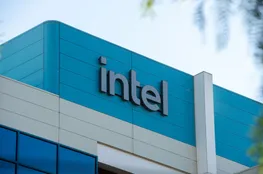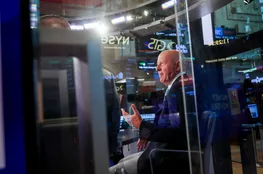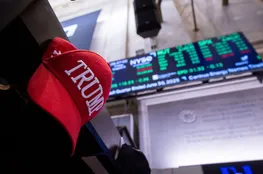The artificial intelligence (AI) industry doesn't have quite the sheen it did earlier this summer. Investors have become increasingly wary of the technology's ability to deliver real-world value, at least in a timeframe that justifies the sky-high stock valuations. At the heart of this concern lies Nvidia, the technology's poster child. The chipmaker's stock is down about 15% since it reported second-quarter earnings on August 28. That's nearly half a trillion dollars—$470 billion—in market capitalization wiped out in a week. This incredible amount highlights Nvidia's significant market presence.
With only 15 companies on the planet having a market cap that exceeds what Nvidia lost in a week, such a drop may understandably make investors nervous. Before jumping ship, let's consider some broader context. The market as a whole is shaky, with many companies in the AI space experiencing downward trends. It's not just AI; the entire market is down due to multiple factors. Investors are eagerly awaiting more data, like a new jobs report, to gauge the economy's direction. This will also influence the Federal Reserve’s upcoming decision on rate cuts, which is critical. Thus, Nvidia’s stock decline is not an isolated incident but part of a larger market trend.
Another factor is that many investors are taking profits. Some were waiting to see if Nvidia’s Q2 report would surpass expectations dramatically. While the report did exceed expectations in many ways, it wasn't enough to ensure a significant stock surge or provide a clear outlook for the near future. Consequently, investors are choosing to lock in the incredible returns they have seen over the past few years, given they don't foresee a substantial jump in the stock anytime soon.
Despite the recent drop, Nvidia remains in an extremely solid position. Whatever the reason behind the stock dip, it's not crucial in the long run. The key question is whether you still believe in Nvidia's long-term prospects. I do. In the medium term, there is ample reason to foresee continued growth. It might not reach the levels of recent quarters, where revenue tripled year over year, but high double-digit growth is still impressive. Concerns over drying revenue streams in the near term are overblown.
If you look at major tech companies like Meta and Alphabet, which purchase Nvidia's chips, their latest earnings calls show a clear intent not just to continue but expand spending on AI infrastructure. The investment in capital expenditures, especially from companies like Alphabet, has seen a massive increase over the last three years with a noticeable upswing in the past year. In the long term, the value proposition for Nvidia remains strong. AI is poised to transform the economy, and Nvidia is firmly placed at the heart of this transformation.
Of course, Nvidia faces competition from all sides, and it will need to work diligently to stay ahead. However, Nvidia has demonstrated incredible foresight along with the ability to innovate and pivot when recognizing new opportunities. I believe investors will soon see more concrete examples of AI's impact on company bottom lines, which will likely renew faith in AI, and Nvidia, as its champion.
























